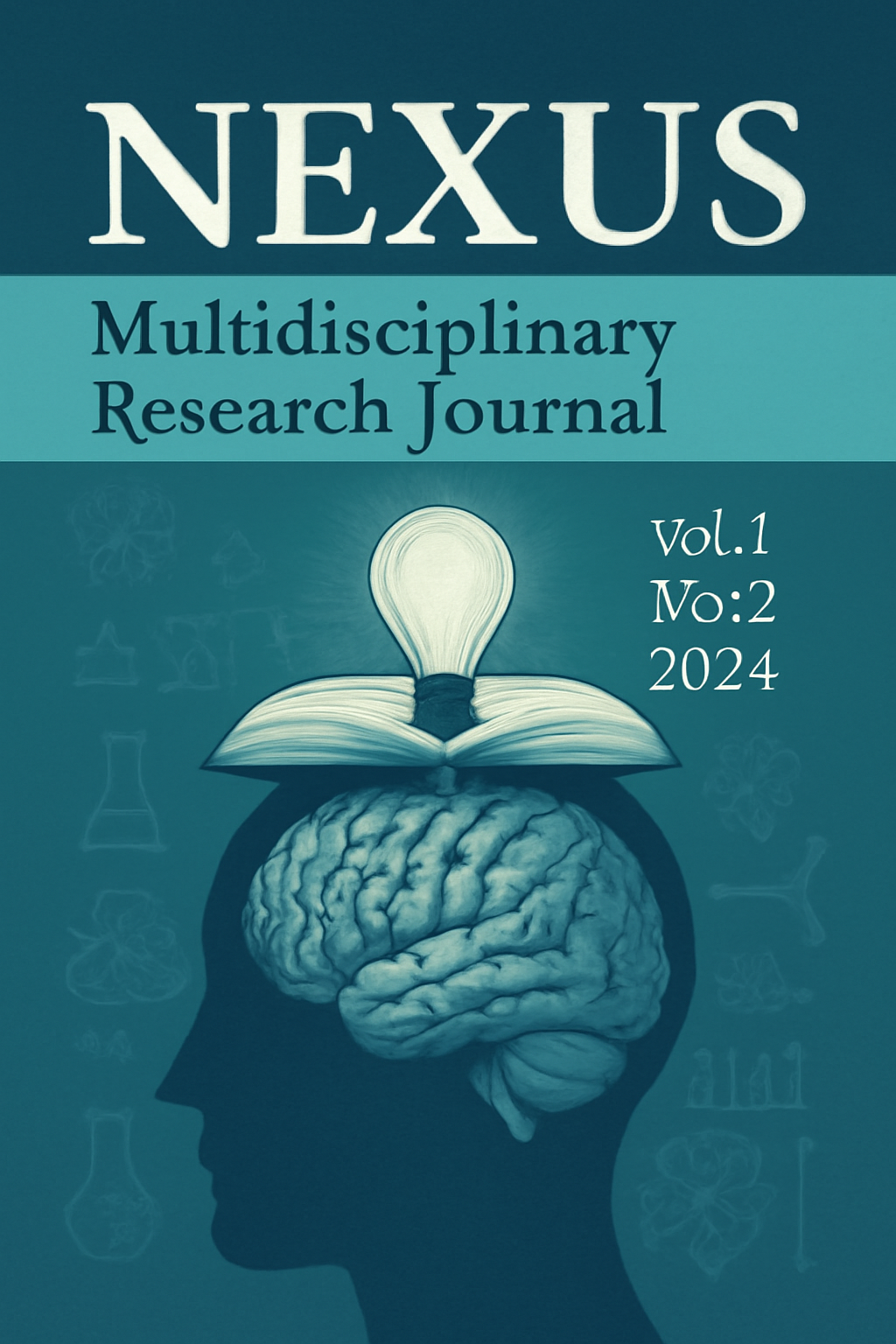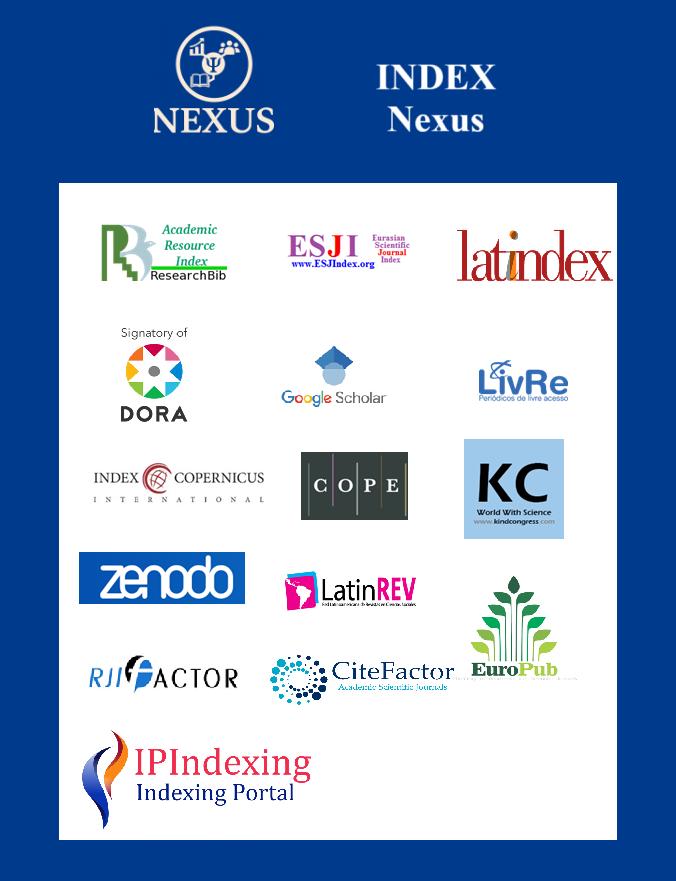Into the Metaverse: Navigating the Ethical and Legal Frontier
Keywords:
Metaverse, data privacy, digital identity, virtual governance, social inequalityAbstract
The metaverse, envisioned as an expansive digital universe blending immersive technologies and social interaction, is rapidly transitioning from speculative concept to emerging reality. While proponents highlight its potential to revolutionize communication, commerce, and education, the metaverse also raises critical ethical and legal challenges that demand urgent reflection. This article explores five key areas of concern: data privacy and surveillance, intellectual property rights, digital identity and anonymity, governance and regulation, and social inequalities. We examine how platforms like Meta’s Horizon Worlds, Decentraland, and Roblox illustrate both the promise and pitfalls of these virtual environments. The collection of vast biometric and behavioral data creates unprecedented privacy risks. Ownership disputes over user-generated content and virtual assets challenge existing intellectual property frameworks. Anonymity can empower self-expression but also embolden harmful behavior and fraud. Governance structures oscillate between corporate control and decentralized models, each with trade-offs. Finally, unequal access to devices and broadband may deepen social divides. By critically reflecting on these issues, this article underscores the necessity for proactive policies, ethical design practices, and broad public engagement to ensure that the metaverse evolves in ways that protect users’ rights and promote inclusion. The metaverse will shape the future of digital life—and its societal impact will depend on choices we make today.
Downloads
Downloads
Published
Issue
Section
License

This work is licensed under a Creative Commons Attribution-NonCommercial 4.0 International License.










